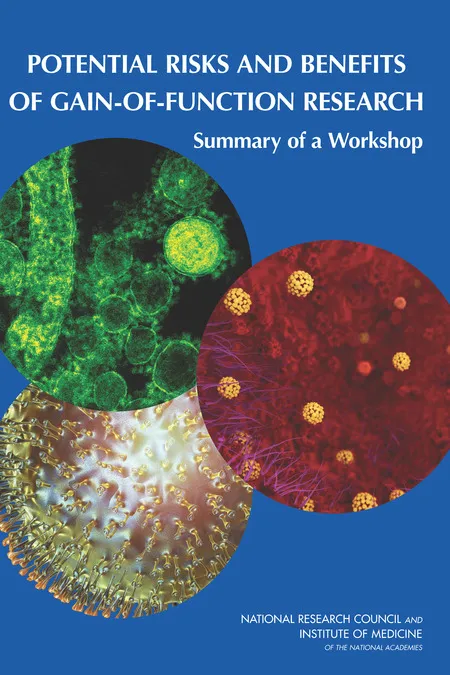As scientific advancements continue to push the boundaries of what is possible in the field of biotechnology, researchers have increasingly embraced a technique known as “gain-of-Function” (GOF). While the use of this method has led to significant advancements in our understanding of the inner workings of viruses and other pathogens, it has also sparked a heated debate among experts and the public alike. In this article, we delve into the science, politics, and ethics of GOF research, to better understand the controversy surrounding this important issue.
Gain-of-Function research is a process of modifying the genetic code of a pathogen, to understand how it works and develop new methods for preventing and treating infections. In essence, GOF scientists aim to make pathogens more virulent, so they can better study their effects and develop new treatments. The process of making these changes can be accomplished through various means, including recombinant DNA technology, CRISPR, and RNA editing. The results of these experiments can be beneficial for developing new treatments and vaccines, but they can also potentially pose a significant risk to public health.
The politics of GOF research are complex, with a range of opinions and interests involved. Proponents argue that this research is essential for the advancement of our understanding of viruses and other pathogens, and that the benefits outweigh any potential risks. For example, GOF research has provided important insights into the nature of viruses and the way they interact with human cells, which is crucial for the development of new treatments. Critics argue that the dangers associated with GOF research far outweigh the potential benefits, and that the potential risks to public health are too great to justify its use. Some of these risks include the possibility of a researcher accidentally creating a pandemic, or the accidental release of a dangerous pathogen into the environment.
The ethics of GOF research are also a contentious issue. Some experts argue that this type of research is ethically defensible, because it is necessary to improve public health and save lives. Others argue that it is unethical to expose the public to potential dangers, and that the risks associated with GOF research are not worth the potential benefits. Additionally, some experts have raised concerns about the lack of transparency and public participation in the process of deciding whether or not to conduct GOF research. They argue that there needs to be greater public involvement and dialogue about the potential risks and benefits of this research, so that people can make informed decisions about whether or not it is worth pursuing.
In conclusion, the controversy surrounding Gain-of-Function research is multifaceted, encompassing scientific, political, and ethical considerations. While there are valid arguments on both sides of the debate, it is clear that this is a complex and controversial issue that requires careful consideration and informed decision-making. Ultimately, the future of GOF research will depend on the ability of researchers, policymakers, and the public to work together to navigate these challenges, so that we can continue to advance our understanding of viruses and other pathogens, and develop new methods for preventing and treating infections.












